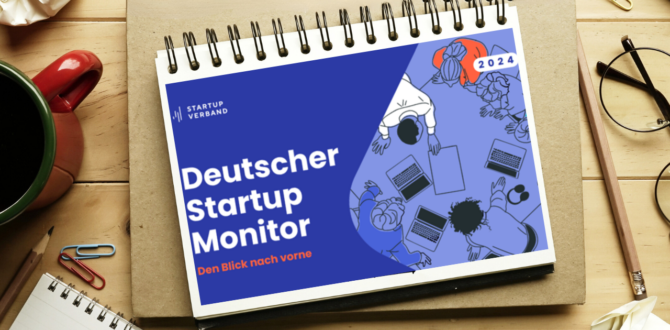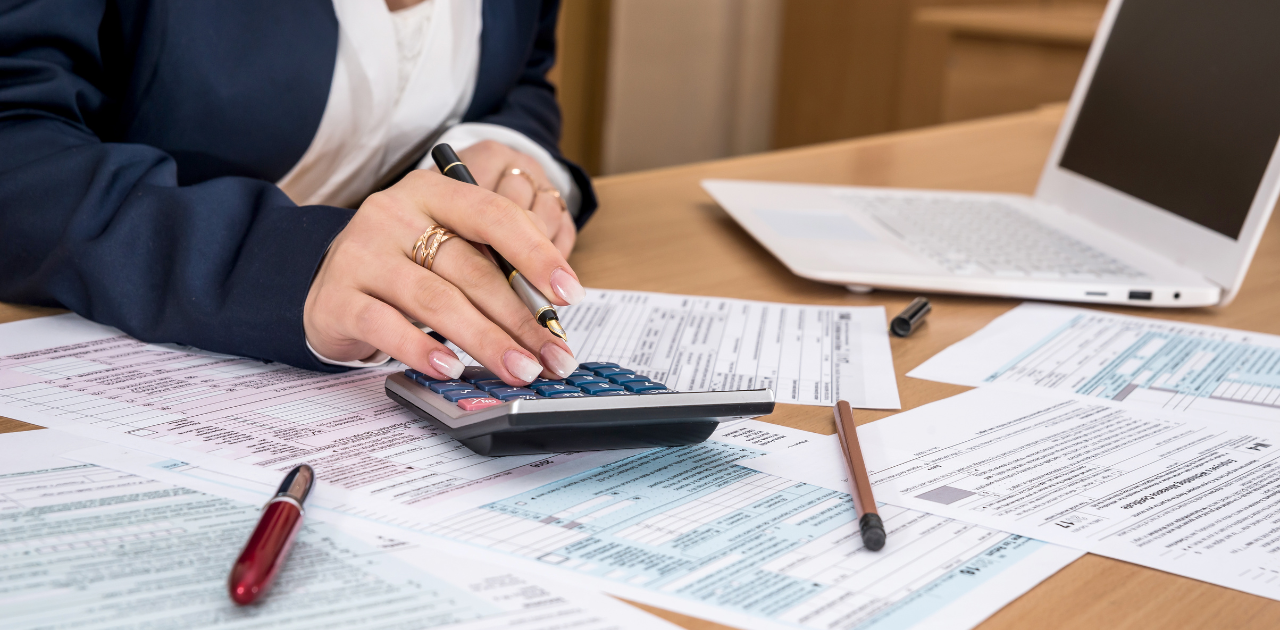What exactly is the German Startup Monitor?
The German Startup Monitor (DSM) is published annually, first launched in 2013, and is the most comprehensive study of the startup landscape in Germany. It is based on a nationwide survey of startup founders and serves as the primary source of information for the public and policymakers. Each year, the study sets key impulses for the further development of the ecosystem through its focus areas.
The core objective of the study is to highlight the importance of startups and the key developments within Germany's startup ecosystem. At the same time, it identifies the greatest opportunities, challenges, and areas for improvement.
The DSM also aims to foster an entrepreneurial spirit in society and encourage more people to start their own businesses.
Who produces the German Startup Monitor?
The DSM is initiated by the German Startup Association (Bundesverband Deutsche Startups e.V.), which brings together startups, scale-ups, corporates, and investors from across the country.
What defines a startup?
A startup is defined as a young company with an innovative and/or scalable business idea. Additionally, startups are less than 10 years old, experience significant growth in employees and/or revenue, or aim to achieve such growth.
Key findings from the Startup Monitor (Excerpt):
- The startup job engine is sputtering, but future outlook remains positive
After years of steady growth, the average number of employees in startups has decreased from 18.9 to 16.7 this year. However, 79.8% of startups expect an improvement in business conditions by the end of 2025. - Profitability and B2B are in focus
Amid ongoing challenges, profitability (78.8%) is taking strategic priority over rapid growth (54.0%) for startups. Additionally, revenue from business customers has increased to 74.7% (2023: 70.4%). - Sustainability remains a priority
Despite economic difficulties, German startups continue to commit to ecological sustainability, with the share of startups identifying as part of the green economy slightly increasing from 46.7% in 2023 to 48.1%. - The share of female founders declines
After slow but steady growth in recent years, the proportion of female startup founders in Germany has dropped from 20.7% to 18.8% this year. - Universities drive entrepreneurial innovation
The share of startups supported by universities has risen from 49.2% to 55.1%. While strong networking (62.4%) is emphasized, only 39.5% rate their preparation for startup life positively. - DeepTech plays a significant role
11.4% of German startups fall into the DeepTech category, characterized by bringing the latest scientific discoveries and technologies to market with longer product development cycles. - Collaboration challenges persist
Only 37.5% rate the opportunities for collaboration with established industries as good, a decrease from the previous year (40.5%). The number of startups engaging in corporate partnerships has continuously declined since the peak in 2020 but stabilized in 2024. - Startups reflect international diversity
Foreign employees make up 30.8% of the German startup ecosystem, and English is the working language in 34.9% of startups. In Berlin, these figures are even higher at 42.3% and 55.8%, respectively. - The desire to found a company often arises early
Six out of ten founders had the idea to start their own business before their career began, either during their youth (29.6%) or during university or vocational training (29.9%). - Policy expectations
Startups primarily expect progress from the government in digitizing public administration (58.5%). For larger scale-ups, labor market flexibility (59.5%) is a key focus.



